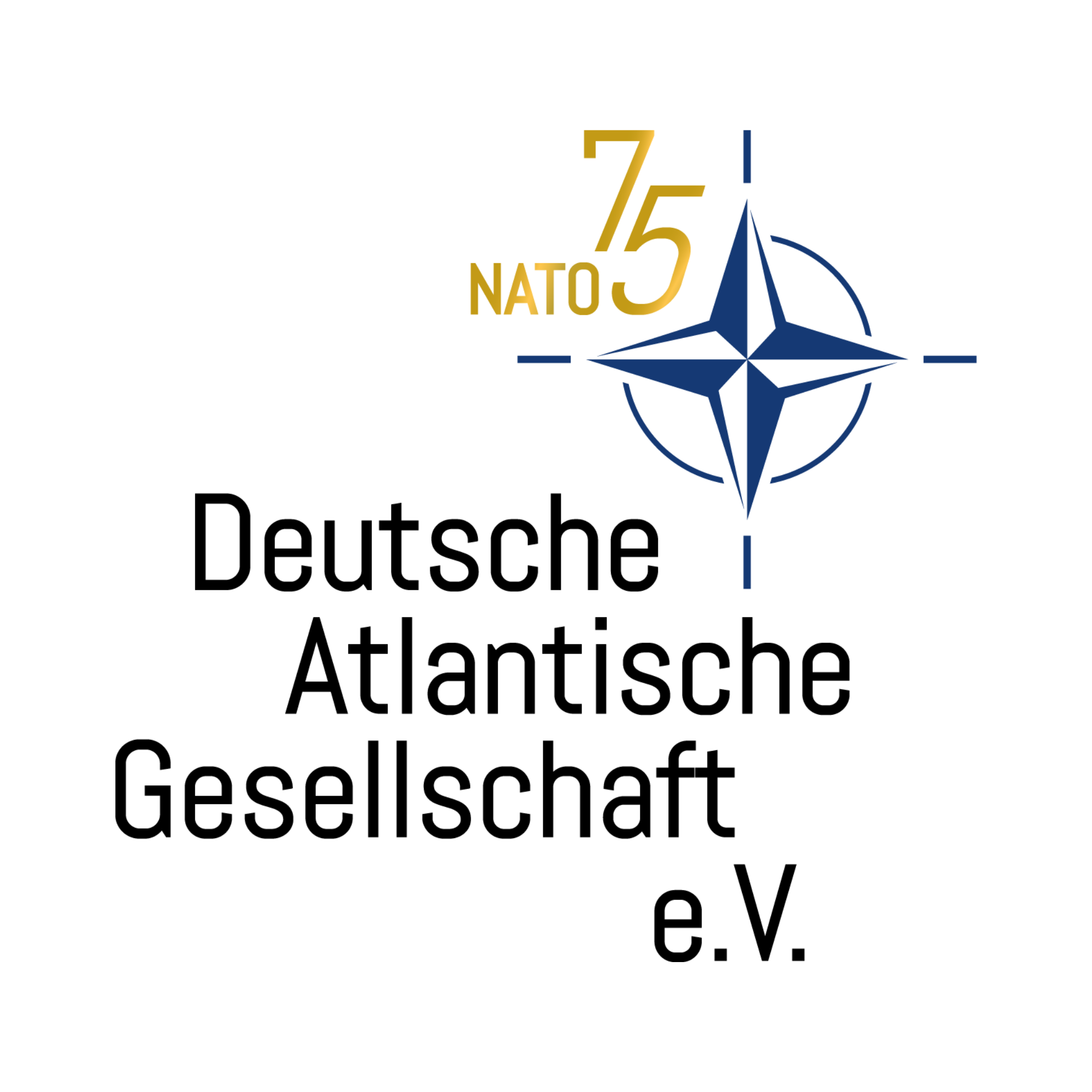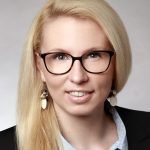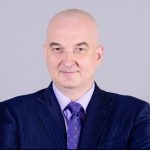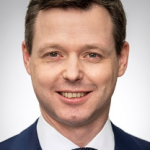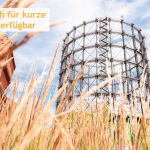
On November 16, the NATO Talk 2020 took place in the Berlin Gasometer. This event is organized annually by the German Atlantic Society together with the Federal Academy for Security Policy and the Press and Information Office of the German Federal Government. Over the past years, the event has developed into an established forum for discussions with national and international experts on transatlantic and European security. In 2018 we were able to welcome NATO Secretary General Jens Stoltenberg as a special guest. Last year, the Federal Minister of Defense, Ms. Annegret Kramp-Karrenbauer, gave the keynote speech on the occasion of the seventieth anniversary of the Alliance's founding.
This year the "NATO Talk Conference" took place less than two weeks after the presidential elections in the USA. Its outcome will have far-reaching implications for the North Atlantic Alliance and for Europe. But NATO is also facing profound internal and external challenges - those that affect its cohesion and those posed by the security situation in Europe and strategic developments in the global context. All these issues were addressed at the conference.
In 2020, the COVID 19 pandemic will essentially determine the current political agenda and also the framework conditions in which such a conference can take place - therefore we had to break new ground: The conference 2020 was taken from the Gasometer in Berlin without any present guests and took place in an extensive digital transmission with various virtual participation possibilities.
Agenda & Speakers
and with Sketch Notes:
NATO I: Unity and cohesion - NATO's Most Important Political Asset Under Threat?
Impulse lecture:
NATO II: NAturally TOgether – What the Alliance Must Achieve in the Future
Event location: Gasometer Berlin
The Euref-Campus with the Gasometer Schöneberg ensures sufficient space and an optimal atmosphere. This is the last major event before the Gasometer dome is moved to the newly created green Euref Campus in Düsseldorf.
The Gasometer Schöneberg was built by the Berlin-Anhaltischen Maschinenbau AG (BAMAG), was in operation from 1913 and 1995 as a low pressure gas container and is still considered a unique industrial monument with a cityscape-forming effect for Berlin. Since 1994, the almost 80 meter tall building has been a listed building. At the time of its completion, it was one of the three largest gas containers in Europe with a filling volume of 160.000 m³. Gas tank IV suffered only minor damage during the Second World War and was not shut down until years after reunification, during the german conversion to natural gas.
In addition to its significance as an industrial monument, it also stands for the industrial and energy technology future, a symbol of the energy turnaround in Germany, which leading companies in the fields of energy, sustainability and mobility use as a location. Since August 2009 the "Bundestag Arena", built for the World Cup, has been located in the center of the Gasometer. The "flying building" is modelled after the Reichstag dome and has been used as an event venue ever since. The dome, which is surrounded by water, is used for a wide variety of events and can be heated in a CO2-neutral way.
On the former GASAG premises in the "Red Island" district of Schöneberg, the gasometer has been a model for a wide variety of artists for over 100 years. Even before it was commissioned, artists such as Lyonel Feininger, Ludwig Meidner and Hans Baluschek captured it in paintings and drawings. The Gasometer became known beyond Berlin at the latest through its weekly use for Günther Jauch's talk show on ARD.
Hygiene and infection protection concept
We take the health of our speakers on site very seriously! For this reason we have developed a hygiene and infection protection concept together with the event team of the Gasometer, which minimizes the risk of spreading Covid-19 at the NATO Talk 2020. In addition to the "AHA rules" ("Abstand halten"/ keep your distance, "Hygiene beachten"/ observe hygiene, " Alltagsmaske tragen" wear your mask), this includes sufficient ventilation of the event rooms. We also recommend everyone to activate the official german Corona warning app.
